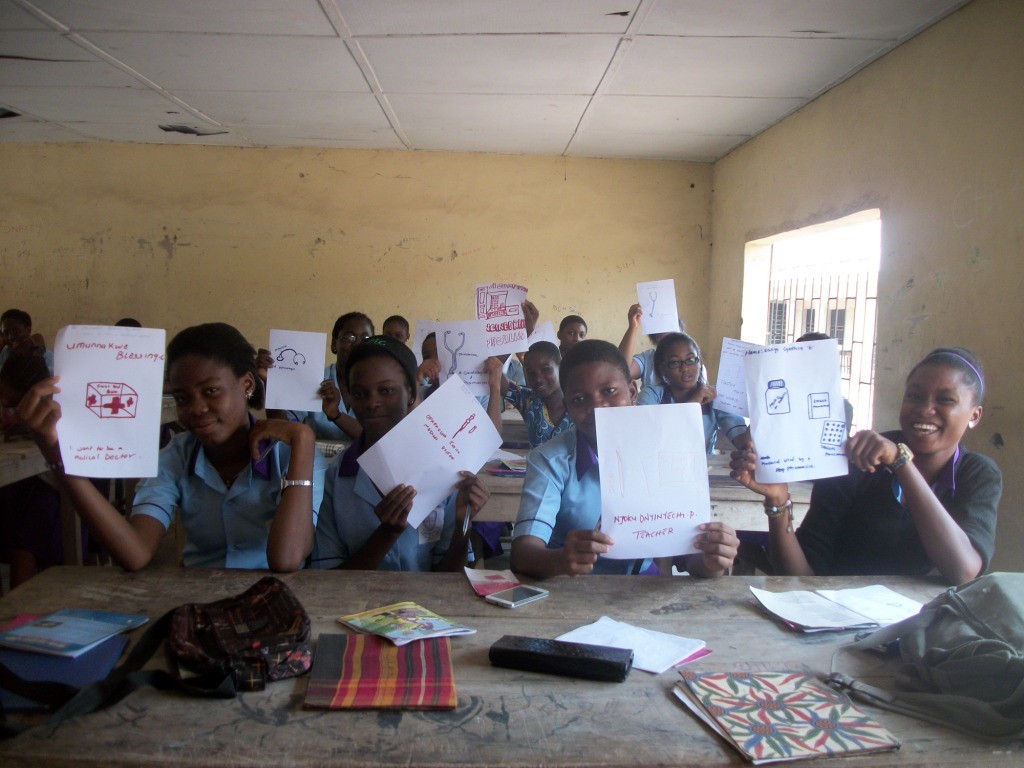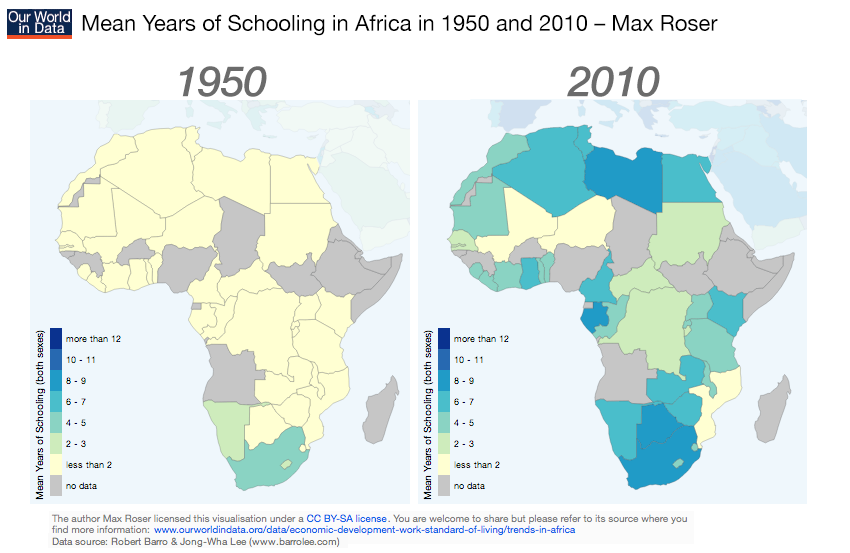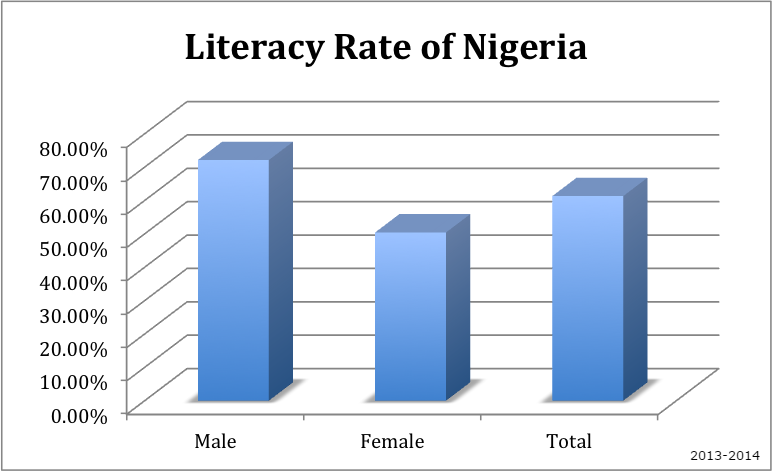My interview with Ijemma Onwuzulike, Software Engineer & Founder of Nkọwa okwu | Twitter: @nkowaokwu

Ozii: What/Who got you interested in building technology and how has the journey been so far?
Ijemma: Ever since I was young, I’ve been interested in how technology works. I was fascinated by how digital clocks could tell time, how microwaves could create heat, and even how magnets could distort colors on CRT TVs. But I specifically became more interested in programming during middle school and high school when two things happened: 1. I learned that my Mom programmed for her job (and has always been my biggest role model), and 2. I wanted to build my website. So most of my school memories were of me showing my websites to my friends and family. It started as a hobby to see what I could learn, and I remember being genuinely excited every time I learned a new HTML tag or a JavaScript function.
By the time I was a senior in high school, I knew that I wanted to study computer science in college, but I didn’t know what computer science was and how to use it after college. Sure, I learned to program, and I was good at it, but I didn’t know what “engineers at Google” did for their day-to-day. I knew I would learn a lot at college, so I stuck with the major. It wasn’t until my first college course where I realized that I was a minority, not just because I’m a woman but also because I’m black. The sense of excitement and comfort I found while creating websites in high school quickly faded and transformed into imposter syndrome, where I felt like I wasn’t good enough or I didn’t belong. That mindset affected me for the first half of my college experience because I wasn’t excelling in all of my classes compared to when I was in high school.
The silver lining came when I realized that I wasn’t alone. Many women, especially black women, had a similar experience as me during college. So during the second half of my college experience, I made it a point to be more intentional about my work and the people and students I wanted to guide and mentor. I wanted to see more people like me doing what I do at my school. By the time I graduated, I had got more women in the DALI Lab, which was my on-campus job that teaches students relevant skills
Ozii: What’s your theory on why the Igbo language is at risk of becoming extinct? What is the data telling us and what firsthand experience, if any, supports what the data is telling us?
Ijemma: My theory is factors like colonization, tribalism, and other elements that have no place within Igbo culture or heritage have pushed Igbo as a language to the side. English is Nigeria’s official language and the common denominator language across Nigeria for communication. This reality makes it more difficult for young Igbos to see the need to actively speak Igbo as their primary language outside of academic settings since English is the de facto language within many business transactions, government organizations, and even within many homes. In my opinion, when jobs and paid opportunities are primarily looking for fluent English speakers and skilled English writers, it makes sense to obtain the skills necessary for attractive opportunities. Also, the global state of the world is Western – entertainment, sports, education, art, etc., is increasingly Western-influenced.
UNESCO projected that Igbo would become extinct by 2025, an outdated 2012 projection that has proven to be incorrect. But a more realistic forecast that I framed my work around is that Igbo will become extinct by the end of the century. This is because generations are not effectively passing down the language. I can personally attest to that as an Igbo-American. As a kid, my parents didn’t want my sisters and me to be confused while learning two languages, so we weren’t taught Igbo. Even other Igbo kids I grew up around had a similar experience. This is such a large pattern that’s affecting young Igbos – if we decided to start a family, our children’s chances of knowing Igbo are significantly lower.
Ozii: Tell us about your platform and how it is solving this problem.
Ijemma: I started Nkọwa okwu to push back on the projection that Igbo will become extinct so that the language exists and thrives in a modern world. I genuinely believe in the Internet’s fair and open educational materials, so currently, Nkọwa okwu is completely free and offers more than 8,000+ Igbo words, 2,000 Igbo example sentences, 1,000+ audio recordings, supports 17 dialects, and renders Nsibidi script above all words. Nkọwa okwu started as a dictionary because it’s tough to find high-quality, advanced, robust, Oxford-styled, Igbo-English dictionaries outside Nigeria.
To further address the language learning crisis, we’re creating Nkọwa okwu Learning to allow students to enroll in high-quality Igbo courses at fair prices. At the same time, our instructors get paid for the Igbo courses they put on our platform. In addition, many of our community members struggle to learn Igbo in their free time, so having a platform like Nkọwa okwu Learning can dramatically ease the way we learn online. On top of that, the platform will incentivize Igbo instructors to create more Igbo content that can help others learn.
Ozii: What is the next major milestone for your platform?
Ijemma: Our next milestone is to release Nkọwa okwu Learning by the start of 2022. Releasing this platform will finally give young Igbo people the opportunity to learn Igbo online at their own pace. We currently have a small team consisting of software engineers, product designers, and a lexicographer/audio recorder working to build out the platform and the course content. Once we get closer to release, we want to find a growth marketing manager to help start marketing the platform across social media. This timeline means that we want to start being more active on social media channels like Twitter, Instagram, and LinkedIn to attract our target market. At the same time, we also want to continue recruiting Nigerian university professors to start creating courses on the platform and start making money.
We’re also looking for investors and funding to hire committed employees to ensure that we keep our momentum moving forward. Visitors to our website can also donate by clicking on the ‘Support Us’ button.
Ozii: What’s the one piece of actionable advice you’ve received that continues to be a source of inspiration in good times and challenging times?
Ijemma: One of the best pieces of actionable advice I’ve ever received was to share my work with others. I was so worried about whether or not people wanted to see what I was working on, so much so that I would end up waiting until my work was “worth sharing” for others to see it. But what I’ve learned along the way is that people want to see you succeed, and they’re excited to see you make progress on your project, whatever that progress could mean. Once I took the advice of sharing my work often to heart, I realized that I wasn’t just publicly making progress, but I was also meeting so many unique and talented people who wanted to help me make more progress. That’s why we’ve been able to grow our volunteer community to 80+ members.






